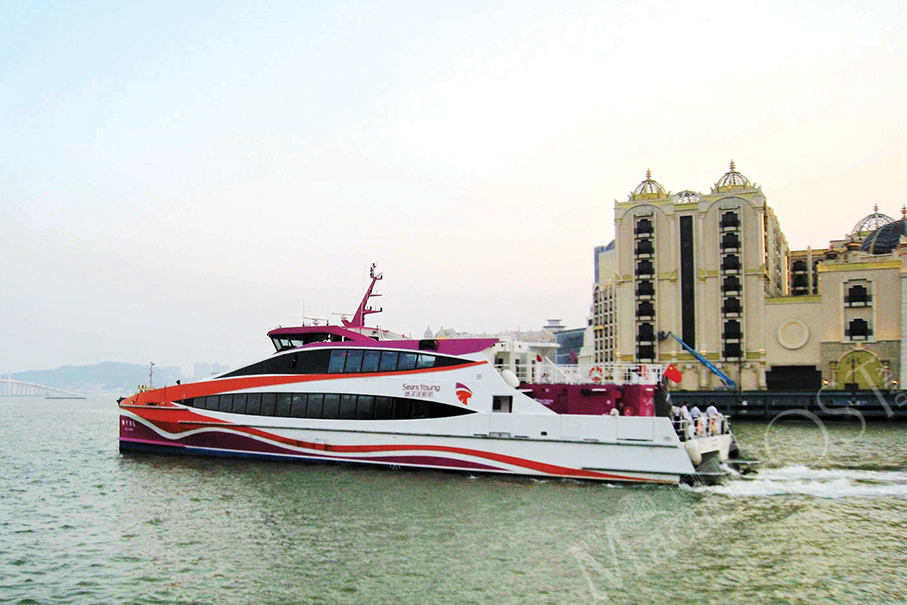The amended version of the national security law of the Macau Special Administrative Region (MSAR) takes effect today, the day after its amendment bill was promulgated in the Official Gazette (BO) yesterday.
A local government-initiated bill amending the local national security law was unanimously passed during a plenary session of the Legislative Assembly (AL) on May 18 when it was voted on article-by-article in its second and final reading. The bill had been reviewed by a standing committee of the legislature after its outline was passed during a plenary session in December last year.
Macau enacted its national security law – the Law on Safeguarding National Security – back in 2009, based on the Article 23 requirement of the Macau Basic Law.
According to the amended version of the local national security law, secession or subversion by any illegal means, i.e., including non-violent illegal means, are also punishable, a change from the previous version which only punished the two crimes by violent or other grave illegal means.
The local national security law’s first and previous version had been in force since March 3, 2009, before its amended version takes effect today.
The amended version extends subversion targeting the Central People’s Government, which was listed in the previous version, as subversion against the political power ruling the nation.
The crime of secession listed in the local national security law’s amended version covers those who attempt to separate any Chinese territory from the nation, to subject it to the sovereignty of another state, or to change the legal status of the MSAR or any other areas of the nation.
The crime of subversion against the political power ruling the nation listed in the local national security law’s amended version covers those who attempt to overthrow or destroy the nation’s fundamental system established by the Constitution, to overthrow or destroy any organs of the central authorities, to prevent any organs of the central authorities from exercising their functions, or to create disruption to any organs of the central authorities exercising their functions.
The crime of sedition listed in the local national security law’s amended version covers those who publicly and directly incite others to commit treason, secession, or subversion against the political power ruling the nation, those who publicly and directly incite members of the People’s Liberation Army (PLA) Macau Garrison to abandon their duties or to rebel, and those who publicly and directly incite others to participate in riots aiming to endanger or undermine national security.








